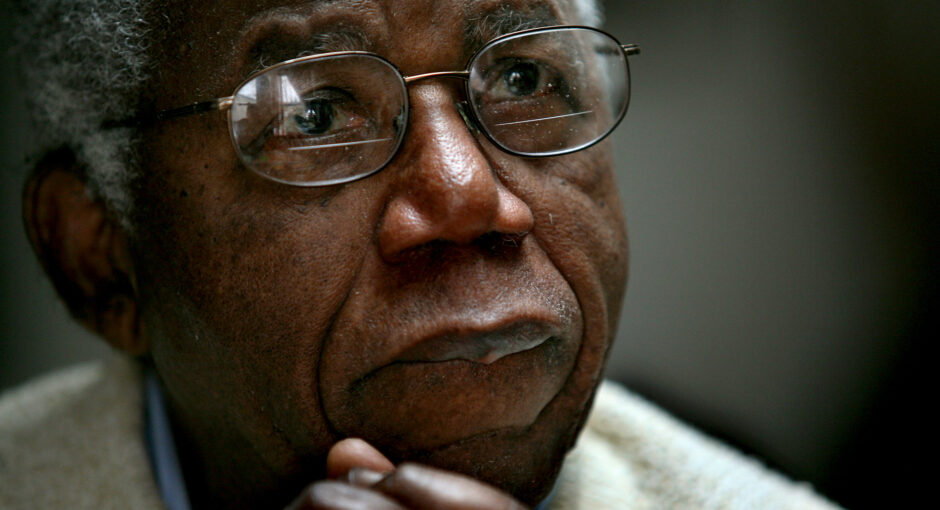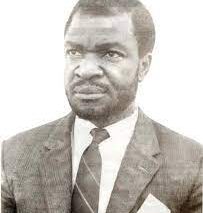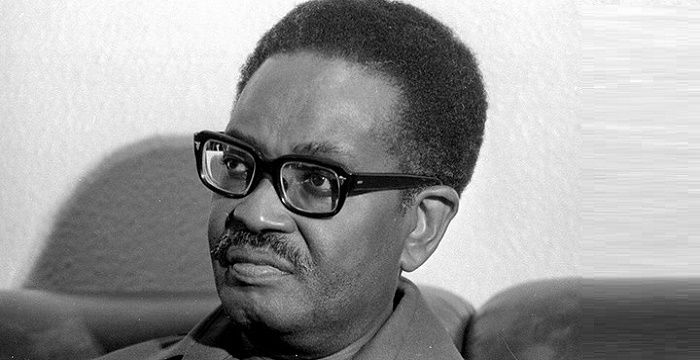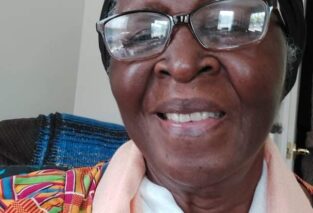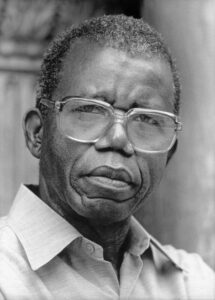
I had the singular privilege and honour of meeting Chinua Achebe on two occasions: the first was at the African Literature Association Conference in Gainesville, Florida in the spring of 1980.
On the opening day of the Conference, what had started as a rumour became a reality as Achebe appeared and took a seat of honour on the podium alongside Afro-American writer James Baldwin. I recall that as Baldwin was greeting what he called ‘my brother whom I haven’t met in 400 years’ a hate-filled voice suddenly broke through the communication system, asking James Baldwin to take his ‘niggers’ out of town or else…. Boy, was that ever scary!
The atmosphere that had been quite convivial and cheerful suddenly dampened as an eerie feeling gripped the hall. James Baldwin skipped to his feet and loudly challenged those white supremacists to come and get him. When Chinua took the floor, he pleaded for tolerance among people and among races, referring to our common humanity as reason not to spread racism and hatred. For that, he received a standing ovation.
Our paths crossed again at very close range nearly four years later in Guelph, Ontario, at what was dubbed “The Yaounde-Guelph Project”, a partnership between the English Department of the University of Guelph in Ontario, Canada and the Department of African and American Studies at the University of Yaounde, Cameroon. Professor Bernard Nsokika Fonlon was the Chair of that Department in Yaounde, while Professor Doug Killam was the Chair of English at Guelph. Professor Fonlon had come at the head of a team from Yaounde. Some of us, Cameroonians students, then studying in the USA and Canada, were invited to attend and contribute to the success of the said project that was so dear to both men, Professor Bernard Nsokika Fonlon and Professor Doug Killam. Professor Kilam was ably assisted by Mrs. Liz Cockburn, who had spent a good part of her younger years with her family teaching in Cameroon. She too had this project at heart and worked ardently to ensure its success.
Among the nearly 20 participants were Professor Nalova Lyonga, then a doctoral student in Michigan, and my late friend, Charles Nama, who was later to head the University of Buea School of Translation and Interpretation before unfortunately exiting this world rather too soon. To our greatest surprise and delight, Professor Fonlon proudly announced that his friend, Chinua Achebe, would be with us for the week that the workshop lasted. Professor Doug Killam had invited him to spend some time with him in Guelph, which coincided with our workshop.
We felt privileged to have him with us. He would drop in from time to time, share a thought or two before gently withdrawing to his room. I remember the last day we all came together in one room and Professors Killam and Fonlon took their seats at a table in front of us. They then asked Chinua to take the empty seat between them. He reluctantly left the chair he was sitting on and walked up to the front, slightly protesting that he was more a ‘gate-crasher’ among us than a real participant. We all laughed and clapped as he took the seat reserved for him.
Professor Killam then placed a tape-recorder before him but he immediately recoiled from it, telling us that each time this thing, he pointed to the tape-recorder, came out, he always went blank and never knew what to say. We all laughed and clapped again as he relaxed into his seat. He then lauded the collaborative efforts of the Universities of Yaounde and Guelph to promote creative teaching in Cameroonian schools, beginning at the primary school level – which is what the Yaounde-Guelph Project mainly aimed at. It was a laudable project that did not, unfortunately, survive Professor Bernard Fonlon’s passing away in 1986, two years after our Guelph workshop.
Chinua Achebe fielded questions from the audience, which mainly centered around his writing career. There was much empathy in the room as he answered each question clearly, occasionally spicing it with humour that sent the audience laughing and clapping. He was a man of palpable humility, gentle in speech and even in the way he moved about.
I still value the copy of his book, A Man of the People, which he autographed for my wife, Hermine. We could not find a copy anywhere in Guelph and Mrs. Liz Cockburn graciously agreed to part with her own copy, which Chinua Achebe autographed for us. You could not come face-to-face with him and ever forget his easy smile, his gentle and very unassuming ways. He has now gone to take his place among his ancestors about whom he wrote with such delightful clarity.
I salute his memory!
